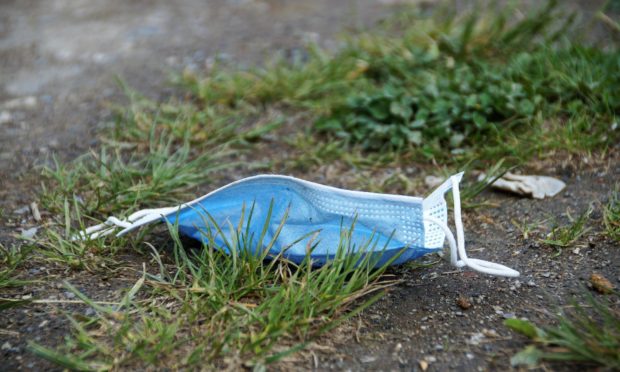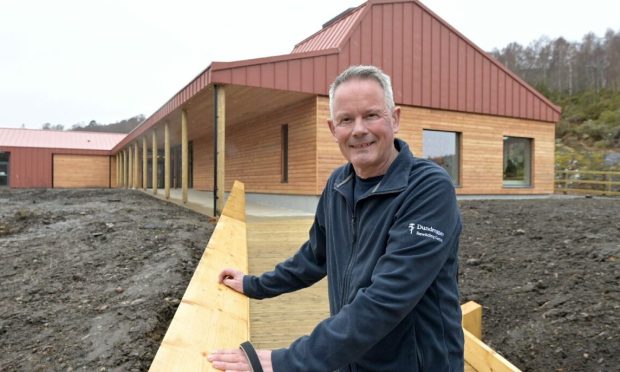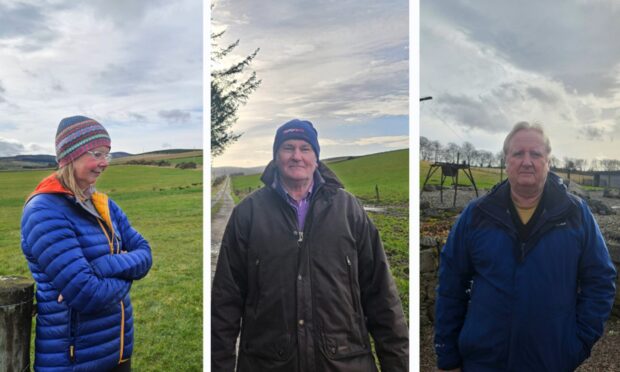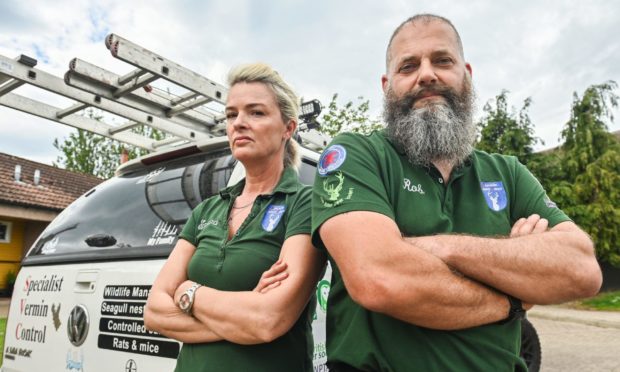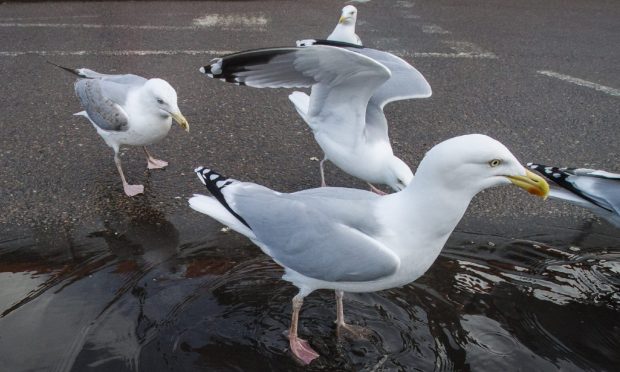A north-east research institute is responding to concerns over the ecological impact of Covid-19 by developing environmentally friendly personal protective equipment (PPE).
The global use of PPE has skyrocketed since the outbreak of the pandemic, propelling the industry to revenues of more than £8 billion in the UK alone, and although a coronavirus vaccine now seems closer, PPE is likely to remain a part of our everyday lives.
However, most PPE materials are single use, contain plastics, are not easily recyclable and end up in landfill or are simply discarded into the environment.
A poll conducted last month by YouGov showed that four in five Scots backed a crackdown on single-use plastics, while face masks and gloves have been found on almost a quarter of Scotland’s beaches this year, according to the Marine Conservation Society.
Now an innovative research project led by James Hutton Ltd – the commercial subsidiary of the James Hutton Institute based in Aberdeen and Dundee – will bring together researchers and industry leaders to put a stop to what has been described as an environmental crisis.
The aim is to develop multi-use, washable, environmentally friendly PPE materials, with funding from Innovate UK, the UK’s innovation agency.
Dr Andrew Love, a research leader at the James Hutton Institute and principal investigator of the project, said: “It is estimated that if each person in the UK uses a single disposable mask each day for a year this would result in 66,000 tonnes of contaminated plastic waste, which would be a reservoir of infection and have ten-fold the climate change impact of reusable masks.
“It is crucial that new PPE is made from existing waste streams, and is multi-use, re-washable, compostable, recyclable and cheap, thereby reducing the environmental burden and supporting the emergent bioeconomy for new products.”
Professor Derek Stewart, agri-food business lead at the institute, said: “This support from Innovate UK is allowing the consortium to adopt a circular bioeconomy approach to the development of PPE.
“The science underpinning the PPE, based on sustainable resources, is already showing spectacular viral and bacterial kill efficiencies, and the translation of this into products will be transformative for the health sector.
“The circular bioeconomy, the sustainable, resource-efficient stabilisation of biomass in integrated, multi-output production chains, is central to future societal and economic growth, especially within green deal and net zero emissions agendas, and is an increasingly important principle underpinning the work at the James Hutton Institute.”
Innovate UK, as part of UK Research and Innovation, is investing up to £191 million to fund research and development projects through their Sustainable Innovation Fund over the next two years.
The Sustainable Innovation Fund is also providing more than £130m in support to businesses across the UK.
Innovate UK chairman Ian Campbell said: “In these difficult times we have seen the best of British business innovation.
“The pandemic is not just a health emergency but one that impacts society and the economy.
“This project, along with every initiative Innovate UK has supported through the Sustainable Innovation Fund, is an important step forward in driving sustainable economic development.”
